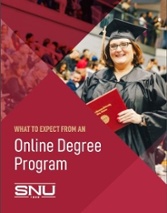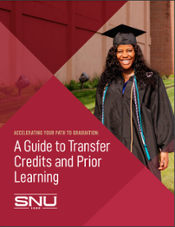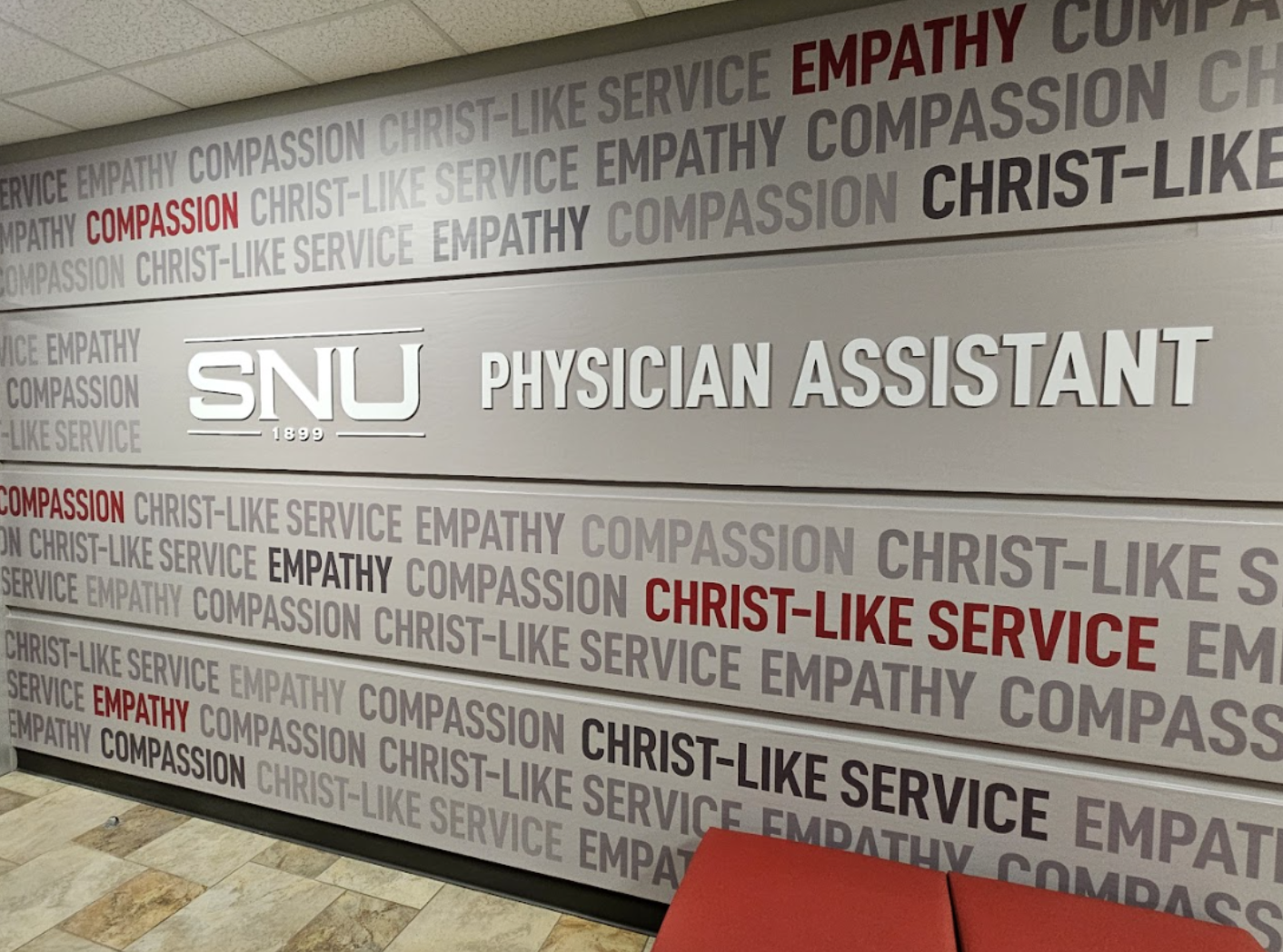
The typical college graduate pays $393 per month in loans after graduation. Students who attend expensive colleges, who take longer to graduate, or who get multiple loans over many years may end up paying much more. But that’s not to say it isn’t worth it—a college degree is almost always a path to higher earnings. Graduates can expect a median weekly income increase of $415 compared to people who attend but do not graduate college and $502 compared to those with just a high school diploma.
There are ways to ensure your student loan debt doesn’t eat into this pay bump. Student debt consolidation helps you reduce your monthly payments and may even help you pay down your total debt more quickly.
What Is Student Debt Consolidation?
Student debt consolidation is a way to roll multiple loans into a single loan. If you have federal loans, you are automatically eligible to consolidate your loans into a single monthly payment. If you have private loans, student debt consolidation is basically another loan that repays the old loans. You then repay the new loan over time.
Some benefits of loan consolidation include:
- The ability to change the repayment timeline. This could potentially mean that you have lower monthly payments, but will pay off over a longer period of time.
- Making monthly payments may be easier because you’ll only have a single payment to make. This may give you more control over your budget, since you’ll only make one monthly payment rather than distributing several payments throughout the month.
- You may be able to change the interest rate on your loan. This could potentially reduce monthly payments. If you choose to pay extra, you may then be able to repay your loan more quickly. Students with federal loans who have variable interest rates can switch to a fixed-rate loan.
- You may gain access to income-based repayment plans for federal loans.
- You may avoid defaulting on your student loan. This makes it easier to access additional loans so you can finish your bachelor’s degree and increase your earning power.
Student debt consolidation is not the same as debt forgiveness or forbearance. Although your monthly payments may be slightly lower, the amount you owe will be the same—unless you sign up for additional programs, such as an income-based debt forgiveness plan.
How to Consolidate Your Student Debt
If you have a federal loan, you are eligible for loan consolidation after you have graduated or left school and have begun making payments. Students who have defaulted on their loans may need to cure the default first. The federal student aid website offers help for students who have defaulted on their loans.
To consolidate a federal loan, log in to your federal student loan account and complete an application. You must continue making your usual payments unless and until your application is approved. Students who have both private and federal loans can still consolidate their federal loans, but must continue making their usual private loan payments.
To consolidate a private loan, you must complete an application with the loan servicer. It may also be possible to apply for a third-party loan. You can then use that loan to pay down your student debt, then continue making payments on the new loan. If you pursue this option, it is important to carefully review the terms of the new loan. The wrong loan can actually cost you more each month or cause you to pay thousands more in student loan payments over the life of the loan.
Things to Consider Before Student Debt Consolidation
Student debt consolidation is not for everyone. Some potential drawbacks include:
- Consolidation usually increases the payment timeline. While this can reduce monthly payments, it means you will make more payments.
- Interest will accrue on a higher principal balance, which may increase the total amount you pay over time.
- Consolidating your loans may mean that you lose credit for prior payments under an income-driven repayment plan.
- You may lose some benefits, such as a discount on the interest rate or loan cancellation.
- If you have private loans, you will have to apply for a new loan to consolidate your debt. This may affect your credit, and your ability to get such a loan may depend on your credit rating.
Before consolidating your loans, ask the following questions:
- Is my goal to reduce payments, or to repay the loan faster? If you want to more quickly repay the loan, consolidation is not always the best option.
- Can I afford the monthly payment of a consolidated loan? If the payment is still a stretch, another payment assistance program might be better.
- What are the terms of this repayment program? What is the interest rate? How much will I end up paying over time?
- Is there a better way for me to ensure I have enough money each month? Sometimes the next step isn’t a loan consolidation, but a higher degree, such as a graduate degree.
- Have I completed my degree? If you are still in school or are contemplating a return to school, consider various options for making school more affordable. Loan consolidation might not be your best bet.
- Will consolidating my loan affect my eligibility for other programs that might help me more?
- Have I consulted with a financial aid officer or financial planner so that I understand the effects of consolidating my loan?
Other Ways to Reduce Your Monthly Payment
Consolidating your loan is not your only option for reducing your monthly loan payment. Students with federal loans have a number of options.
If you have private loans, you may also have options, but you will need to contact your loan servicer. If you are a current student or contemplating enrolling in school, SNU’s financial aid office can help too. Some options include:
- Income-driven repayment plans. These programs tie your monthly loan payment to your income, such that your payments adjust when your income goes up or down.
- Service-based loan forgiveness programs. People working in public service jobs, such as public defenders, teachers, and people enrolled in some service programs, may be able to get student loan forgiveness for their loans after a set period—usually 10 years.
- Closed school discharge. If your school closes while you are a student or shortly after you leave, you may be able to get your loans discharged.
- Disability discharge. Graduates with total and permanent disability status can often discharge their student loans.
- Deferment or forbearance. If you are having financial difficulties, you may be eligible to defer payments for a set period of time—often 6 months. No interest accrues with a deferment. You may also be eligible for a forbearance, which delays payments but still allows interest to accrue.
Get Help with Student Debt and Financial Aid
At SNU, we are committed to ensuring every student gets an education they can afford and a job that brings them joy and satisfaction. That begins with exceptional financial aid advice. We also work to help you graduate more quickly, so your total educational expenses are lower. Our prior learning program, for example, offers up to a year of credit for the knowledge you already have.
Once you graduate, we’re here for you with practical guides and assistance. If you need more cash to pay your student loan now, check out our free guide, How to Ask Your Boss for a Raise.






![[Infographic] Asking for a raise is easier said than done. Here’s how to confidently approach the conversation and get the outcome you want.](https://no-cache.hubspot.com/cta/default/4306748/cd2f4340-39d5-457a-9eb3-0ee15b7c1499.png)




